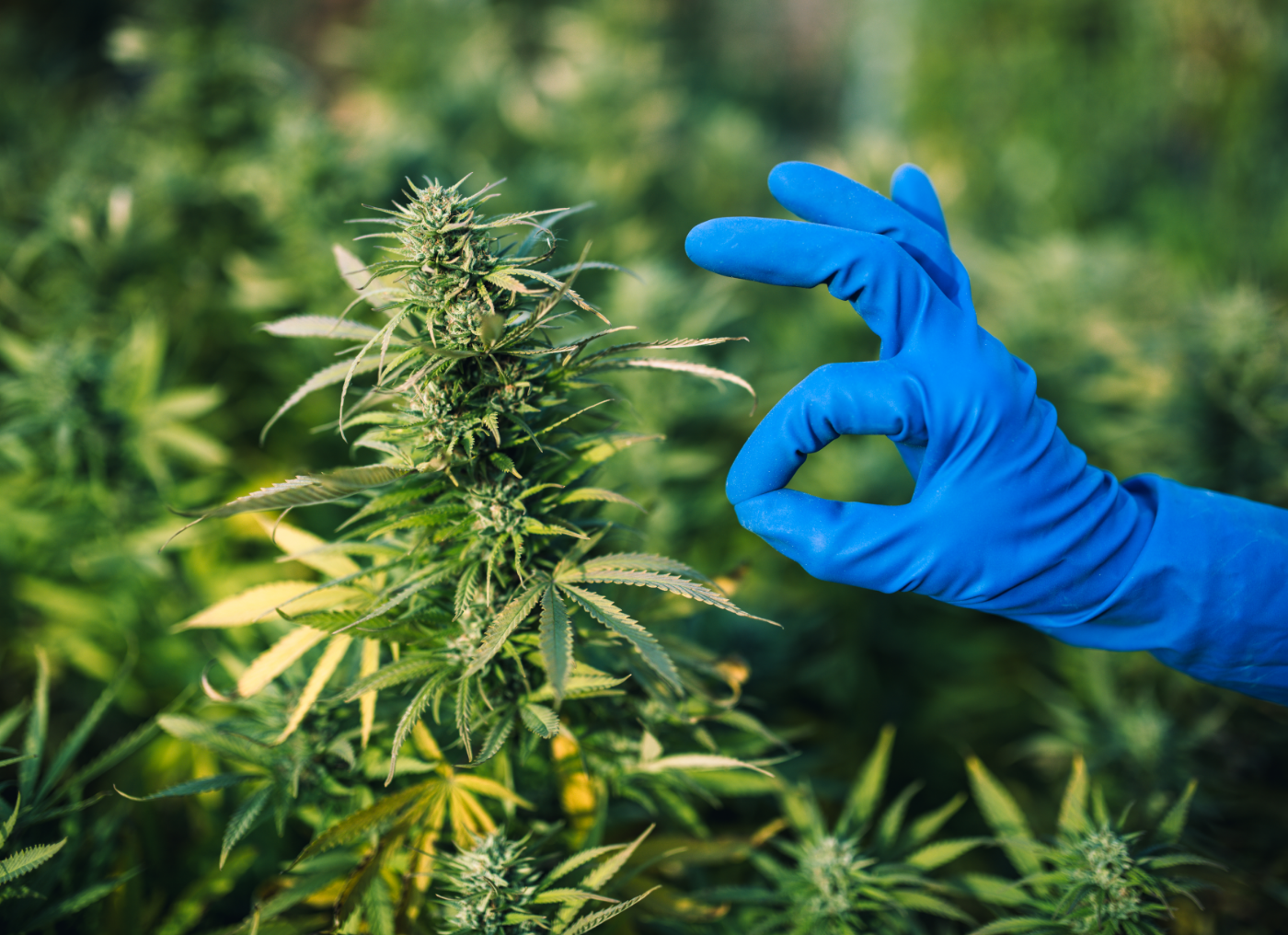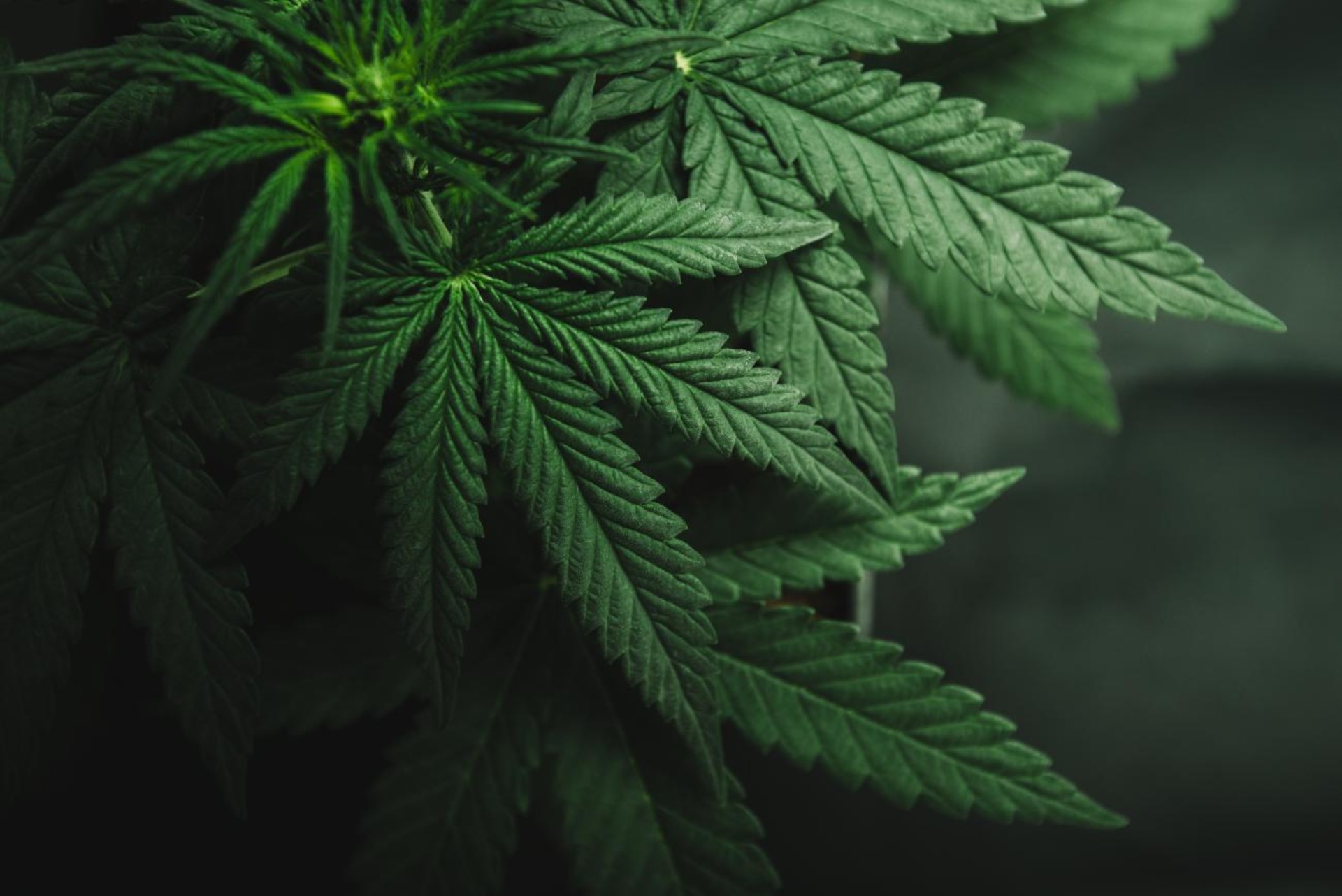
23 Oct What States Have Cannabis Dispensaries?
The cannabis industry has grown rapidly in recent years, with more states legalizing both medical and recreational use. This expansion has led to the establishment of cannabis dispensaries across the country. As of 2024, there are 20 U.S. states that have cannabis dispensaries. Let’s examine each state where you can find these dispensaries and what that means for consumers and businesses.
States with Legal Cannabis Dispensaries
Alaska
Alaska legalized recreational cannabis in 2014. Dispensaries opened in 2016, offering various products to adults 21 and over. Alaska’s rugged terrain and harsh climate pose unique challenges for cultivation and distribution, but the industry has adapted to meet local demands.
Arizona
Arizona voters approved recreational cannabis in 2020, adding to the existing medical marijuana program. Dispensaries now serve both medical patients and adult-use consumers. The state’s warm climate allows for year-round outdoor cultivation, contributing to a robust supply chain.
California
California has a long history with cannabis, legalizing medical use in 1996 and recreational use in 2016. The state has numerous dispensaries catering to various needs. California leads the way in cannabis innovation, product development, and cultivation techniques.
Colorado
Colorado was one of the first states to legalize recreational cannabis in 2012. Its mature market includes many dispensaries throughout the state. Other states often look to Colorado’s pioneering approach when implementing cannabis legalization.
Connecticut
Connecticut legalized adult-use cannabis in 2021, with sales beginning in 2023. The state is expanding its existing medical dispensary network to serve recreational users. Connecticut’s program emphasizes social equity in licensing and business opportunities.
Washington
Washington state legalized recreational cannabis alongside Colorado in 2012. Its dispensaries offer a wide range of products. The state has implemented strict quality control measures, ensuring product safety and consistency.
Illinois
Illinois legalized recreational cannabis in 2019, with sales starting in 2020. The state has seen rapid growth in its dispensary network. Illinois’ program includes provisions for expunging past cannabis-related convictions.
Maine
Maine voters approved recreational cannabis in 2016, though sales didn’t begin until 2020. The state now has a growing number of dispensaries. Maine’s market emphasizes small-scale, craft cannabis production.
Massachusetts
Massachusetts legalized recreational use in 2016, with sales beginning in 2018. The state’s dispensary market continues to expand. Massachusetts has implemented a comprehensive social equity program to promote diversity in the industry.
Michigan
Michigan voted to legalize recreational cannabis in 2018, with sales starting in 2019. The state has seen significant growth in its dispensary network. Michigan’s market includes a mix of large corporate chains and small, independently owned dispensaries.
Missouri
Missouri launched its medical marijuana program in 2020 and approved recreational use in 2022. Dispensaries now serve both markets. The state’s program has focused on rapid implementation and wide access for patients and consumers.
Montana
Montana voters approved recreational cannabis in 2020, with sales beginning in 2022. The state is expanding its existing medical dispensary network. Montana’s program includes provisions for local control, allowing municipalities to regulate or prohibit cannabis businesses.
Nevada
Nevada legalized recreational cannabis in 2016, with sales starting in 2017. The state’s dispensaries cater to both locals and tourists. Nevada’s 24-hour culture has influenced its cannabis market, with some dispensaries operating around the clock.
New Jersey
New Jersey legalized recreational cannabis in 2020, with sales beginning in 2022. The state is rapidly expanding its dispensary network. New Jersey’s program emphasizes vertical integration, allowing companies to control production from seed to sale.
New Mexico
New Mexico legalized recreational use in 2021, with sales starting in 2022. The state is building on its existing medical dispensary infrastructure. New Mexico’s program includes provisions for micro-businesses, promoting small-scale local cannabis entrepreneurs.
New York
New York legalized recreational cannabis in 2021, with dispensaries beginning to open in 2022. The state is expected to have a large and diverse market. New York’s program includes ambitious social equity goals and a focus on sustainable business practices.
Oregon
Oregon legalized recreational cannabis in 2014, with sales starting in 2015. The state has a mature and competitive dispensary market. Oregon’s industry is known for high-quality craft cannabis and emphasis on sustainable cultivation practices.
Rhode Island
Rhode Island legalized recreational use in 2022, with sales beginning the same year. The state is expanding its medical dispensary network to serve adult-use consumers. Rhode Island’s compact size has led to a concentrated and easily accessible dispensary market.
Vermont
Vermont legalized recreational cannabis in 2018, but retail sales didn’t begin until 2022. The state is gradually expanding its dispensary network. Vermont’s program emphasizes small-scale production and local ownership.
Virginia
Virginia legalized recreational cannabis in 2021, with sales expected to begin in 2024. The state is developing its regulatory framework for dispensaries. Virginia’s program includes provisions for social equity and restorative justice.
The Impact of Cannabis Dispensaries
The growth of cannabis dispensaries in these states has had significant economic and social impacts. These businesses create jobs, generate tax revenue and provide safe access to cannabis products for both medical patients and recreational users.
However, the cannabis industry still faces challenges, including federal prohibition and varying state regulations. This complex landscape creates opportunities for businesses that can navigate these waters successfully.
The presence of legal dispensaries has also contributed to a shift in public perception of cannabis. As more people gain access to regulated products, stigma surrounding cannabis use has decreased in many communities.
As a cannabis industry professional or enthusiast, understanding the landscape of legal dispensaries across the United States is crucial. Each state’s unique regulations can impact business operations, product availability, and consumer access. This knowledge can help you navigate the industry more effectively and identify potential opportunities or challenges in different markets.
Connect with XpoCanna for Cannabis Industry Insights
If you’re interested in the cannabis industry, XpoCanna offers valuable networking and educational opportunities. Our cannabis conventions, expos, and trade shows can help you connect with like-minded entrepreneurs and expand your client base.
To learn more about upcoming events and how you can participate, visit XpoCanna’s website or contact us directly. Our team of experienced professionals can help you make the most of the growing cannabis market.
Frequently Asked Questions
How many states have legalized cannabis dispensaries?
As of 2023, 20 states have legalized cannabis for both medical and recreational use, allowing for the operation of dispensaries. Additional states have legalized medical cannabis only.
Can anyone visit a cannabis dispensary?
In states with recreational cannabis, adults 21 and over can generally visit dispensaries. For medical dispensaries, a valid medical marijuana card is typically required.
What products are available at cannabis dispensaries?
Cannabis dispensaries often offer a wide range of products, including flower, edibles, concentrates, topicals and tinctures. The specific selection varies by state and individual dispensary.
Are online sales allowed for cannabis dispensaries?
Some states allow online ordering for pickup or delivery, but regulations vary. Federal law prohibits shipping cannabis across state lines.
How are cannabis dispensaries regulated?
Cannabis dispensaries are regulated at the state level, with each state establishing its own licensing requirements, operational rules and product testing standards.







































